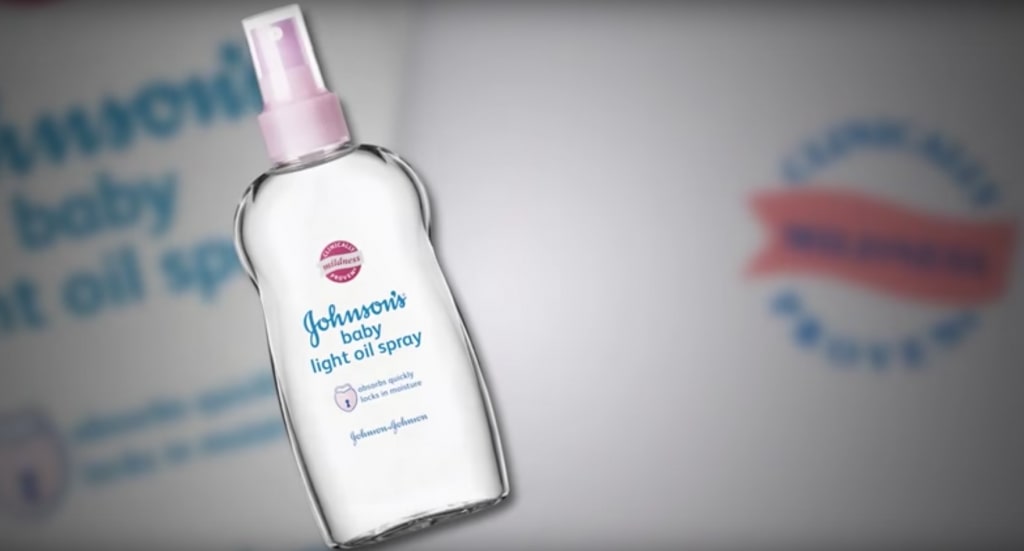Scent Branding: Why your store should have a scent?
Marketers have long mastered the ability to appeal to the visual and auditory senses of consumers. From broadcasting documentaries-like advertisements to blasting catchy jingles, we have seen the success of some advertising campaigns where netizens share viral videos and make parodies of earworms they just can’t get out of their heads.
But how effective are these tactics in terms of converting prospects into customers?
Read More: Why Businesses Add Scent to Their Brand.
”Brand impact increased by 30% when more than one sense is engaged and by 70% when three senses are integrated into the brand message.
Martin LindstromBranding Expert and Best-Selling Author
What really differentiates a retail store from an online store is the physical shopping experience that brand owners can create for their customers – from decor, lighting, music to fragrance. However, with limited resources, which sense should you engage first? I would say olfaction, the sense of smell.
Being our most primitive sense, smell has the power to trigger emotional responses and memories almost instantaneously. This is because the olfactory bulb which processes incoming smells, is directly connected to two brain areas that are strongly implicated in emotion and memory: the amygdala and hippocampus.
As brand owners, you should capitalise on power of smell to create a pleasant retail environment for your customers to shop in. Scents improve shopping experience by uplifting mood of customers, prolong linger time in stores, increase their willingness to browse more and make them perceive products to be of better quality.
Learn more about our Scent Branding, Scent / Aroma Marketing and Ambient Scent Solutions.
3 Recommendations for Scent Branding
1. Scent Design
It is important to have a scented environment that matches the products or services you are selling. For instance, although lavender is a pleasant smell for many of us, having it emanating from a coffee shop is not likely to attract coffee lovers into your store.
2. Keep it simple
Scent marketing does not have to be complicated at all. In fact, it is better to be simple. According to a study done by Washington State University, shoppers spent about 20% more with a simple orange scent instead of a more complicated orange-basil blended with green tea.
3. Keep the scent dosage small
Scent is beneficial to have in your space, but too much of it can do the reverse. Keep the scent dosage small and not too intense; a little goes a long way. Make it subtle, so that consumers will notice it as a pleasant addition, not an overwhelming fragrance turn-off.






